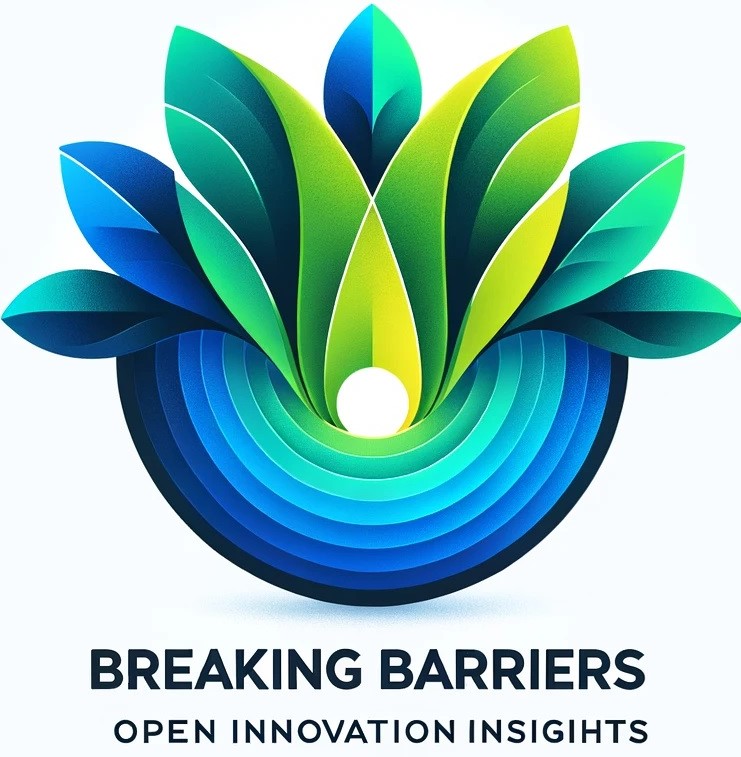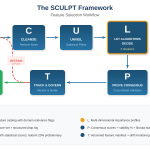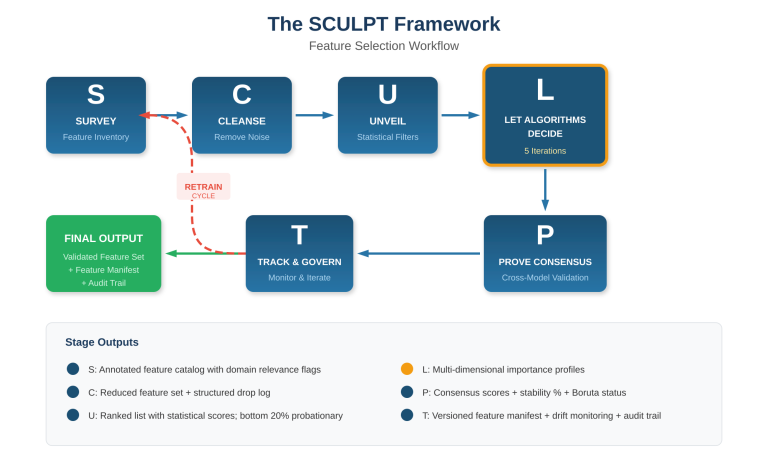
In my professional writing, a few of my articles originate from subtle thoughts, which are carefully recorded and later elaborated in my blog. This article’s inspiration traces back to an observation in December 2013 that how algorithms, key drivers in determining search rankings and online visibility, progressively began to reflect human thinking and behavior. This thought is crucial for understanding the core of AI, a focal point of this article and our respective AI journeys.
Given the growing prominence of AI and integration, I revisited my 2013 thoughts within the context of human values, beliefs, and virtues. It emphasizes the need to prioritize ethical considerations and human values about AI. As we adapt to this new augmentation of human capabilities, we must place these ethical standards at the forefront of our strategies and decisions. This approach is not only a moral imperative but also a strategic necessity to unlock the full potential of AI.
This insight necessitates a fundamental change in perspective, where personal integrity and authenticity are prioritized. Strategies misaligned with our core truths are likely to fall short. It’s critical to recognize that honesty and transparency are not just ethical decisions but strategic essentials that foster lasting, positive outcomes. This perspective is not merely an opinion but a crucial framework for those dedicated to making a significant difference in today’s environment. This understanding is key to grasping the essence of AI. When formulating strategies, the importance of personal honesty and authenticity cannot be overstated. If a method does not resonate with our sense of truth, it will likely be perceived similarly by others. Consistently, honesty and transparency in our strategies lead to beneficial results.
As AI becomes more prominent in the corporate sphere, businesses are encouraged to rethink their adoption strategies. It’s not just about adding a new technology but about embracing a shift that places a premium on understanding AI not only as a technological tool but as an enhancement of human intellect, reflecting core human values like honesty, integrity, empathy, mindfulness, and compassion.
The integration of AI should be viewed through a lens that goes beyond traditional technological perspectives. It represents a unique opportunity to forge a profound connection between the technological ecosystem and human intellect. This approach should mirror how we harness our intelligence and karma with an awareness of the consequences and repercussions of our actions.
With AI, this principle becomes even more pronounced. The way organizations connect with their audience, be it through marketing, product development, or customer outreach, will be more transparent than ever. AI will lay bare the intent and sincerity behind each approach, offering unparalleled transparency. This advancement will enable customers to discern the genuineness of a company’s efforts easily. Essentially, AI will serve as a conduit, connecting organizations to their customers in a manner akin to how thoughts and intentions seamlessly guide our actions. Moving forward, this integration heralds an era where the filters that once clouded corporate intentions are lifted, paving the way for a more authentic and meaningful connection with the market.
The integration of AI into organizational practices will not only yield tangible results but also serve as a clear reflection of the organization’s inherent culture and its approach toward global service and interaction. This manifestation will be evident, revealing the true nature of an organization’s intentions, whether benevolent or otherwise. Therefore, organizations must foster virtues that resonate with fundamental human qualities proactively.
To effectively capitalize on the potential of AI, organizations should adopt strategies that are in harmony with principles such as honesty, integrity, empathy, mindfulness, and compassion. These values should be the cornerstone of their approach towards AI integration. Such strategies will enhance internal processes and distinctly manifest to external stakeholders, showcasing the organization’s commitment to ethical and transparent operations.
By aligning AI implementation with these human-centric virtues, organizations can ensure that their use of technology is not only progressive in terms of innovation but also in cultivating a positive and responsible corporate image. This alignment will be perceivable to customers, partners, and the wider community, reinforcing the organization’s reputation as a forward-thinking and ethically grounded entity. Here are some examples and how the outside world might perceive them:
Transparent Customer Service Using AI
- Example: Implementing a AI-driven customer service chatbot that provides efficient solutions and explains the reasoning behind each answer, thereby ensuring transparency in decision-making.
- Visibility: Customers will directly experience this transparency, as the reasoning behind each action the bot takes is made clear, unlike traditional bots that offer scripted responses.
Ethical Marketing Strategies Enhanced by AI
- Example: Utilize AI to analyze market trends and consumer behavior, but couple this with an ethical framework that respects consumer privacy and avoids manipulative tactics.
- Visibility: The market will notice a shift from aggressive, data-driven marketing to a more respectful, value-oriented approach, which is more likely to build long-term customer trust.
GenAI-Driven Product Development Focused on User Well-being
- For example, design products using AI that prioritize user well-being, like software that encourages healthy digital habits or products that adapt to reduce stress.
- Visibility: Products designed with user well-being will stand out in the market, showcasing the company’s commitment to genuine customer care.
Inclusive Decision-Making with AI Analysis
- Example: Applying AI tools to analyze diverse datasets for decision-making, ensuring that a wide range of perspectives and needs are considered.
- Visibility: Stakeholders will notice a more inclusive and diverse approach in company policies and initiatives, reflecting a broader range of voices and concerns.
Sustainable Practices Aided by AI
- Example: Using AI to optimize manufacturing resource use, reduce waste, and enhance sustainability.
- Visibility: The shift towards sustainability will be evident in the company’s environmental footprint, product lifecycle, and corporate social responsibility reports.
Authentic Brand Storytelling with AI
- Example: Crafting brand narratives using AI that are deeply rooted in the company’s authentic history, values, and visions for the future.
- Visibility: Consumers will recognize and resonate with the genuineness of brand communication, as opposed to overly polished or artificial messaging.
In each of these examples, the application of AI is directly linked to outward-facing aspects and integral to the customer experience. The transparent and ethical use of AI in these areas means that the company’s values and approaches become part of the customer’s direct interaction with the brand. Unlike internal processes, these aspects are in the public eye, leaving no room for hidden agendas or opaque practices. The inherent transparency and ethical usage of AI in these examples ensure that any deviation from these principles would be immediately noticeable to the public, thereby holding the organization accountable and encouraging a sustained commitment to these values.











